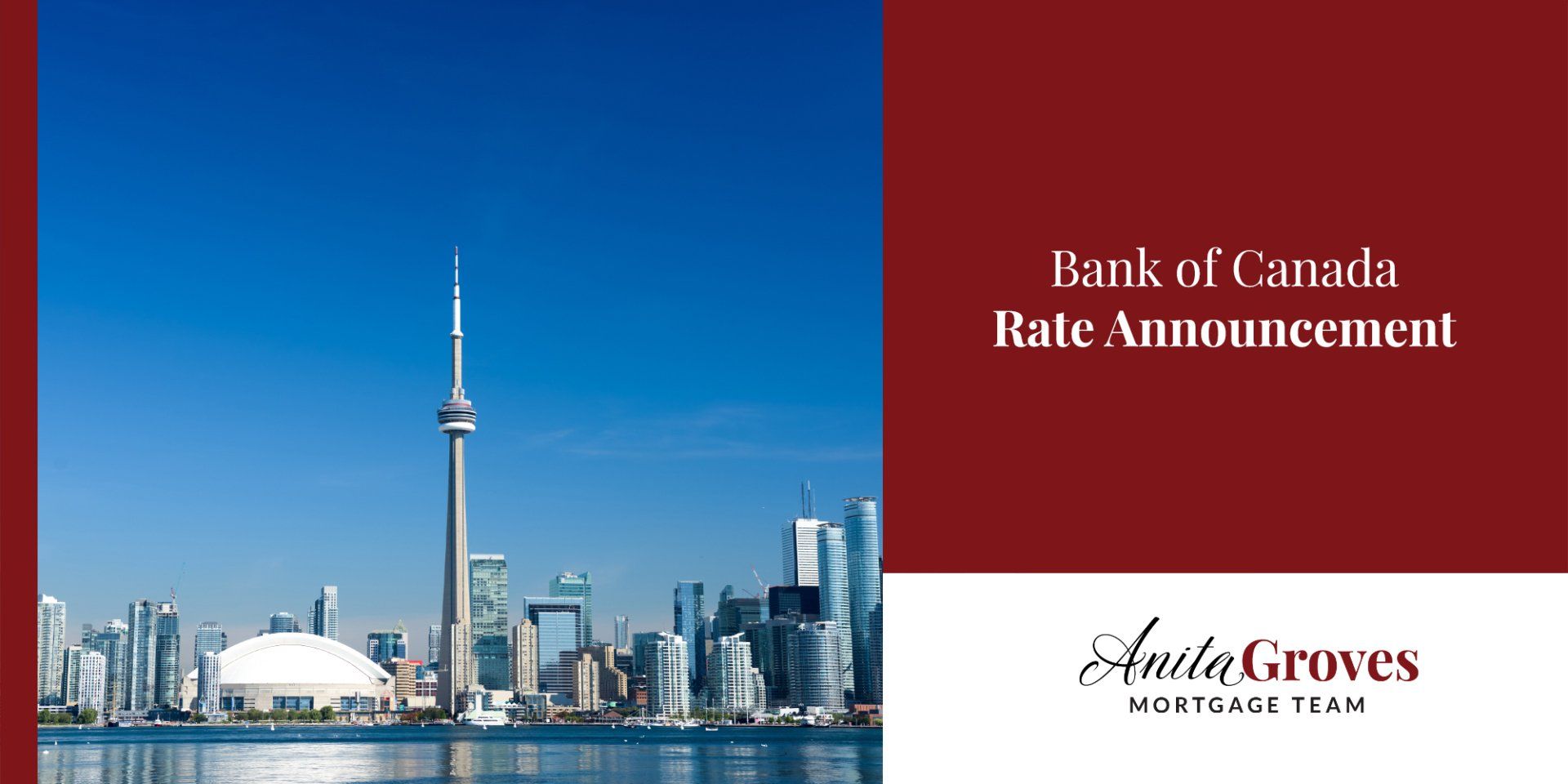Bank of Canada Rate Announcement Jun 1st, 2022
Bank of Canada increases policy interest rate by 50 basis points, continues quantitative tightening.
FOR IMMEDIATE RELEASE
June 1, 2022
The Bank of Canada today increased its target for the overnight rate to 1½%, with the Bank Rate at 1¾% and the deposit rate at 1½%. The Bank is also continuing its policy of quantitative tightening (QT).
Inflation globally and in Canada continues to rise, largely driven by higher prices for energy and food. In Canada, CPI inflation reached 6.8% for the month of April – well above the Bank’s forecast – and will likely move even higher in the near term before beginning to ease. As pervasive input price pressures feed through into consumer prices, inflation continues to broaden, with core measures of inflation ranging between 3.2% and 5.1%. Almost 70% of CPI categories now show inflation above 3%. The risk of elevated inflation becoming entrenched has risen. The Bank will use its monetary policy tools to return inflation to target and keep inflation expectations well anchored.
The increase in global inflation is occurring as the global economy slows. The Russian invasion of Ukraine, China’s COVID-related lockdowns, and ongoing supply disruptions are all weighing on activity and boosting inflation. The war has increased uncertainty and is putting further upward pressure on prices for energy and agricultural commodities. This is dampening the outlook, particularly in Europe. In the United States, private domestic demand remains robust, despite the economy contracting in the first quarter of 2022. US labour market strength continues, with wage pressures intensifying. Global financial conditions have tightened and markets have been volatile.
Canadian economic activity is strong and the economy is clearly operating in excess demand. National accounts data for the first quarter of 2022 showed GDP growth of 3.1 percent, in line with the Bank’s April Monetary Policy Report (MPR) projection. Job vacancies are elevated, companies are reporting widespread labour shortages, and wage growth has been picking up and broadening across sectors. Housing market activity is moderating from exceptionally high levels. With consumer spending in Canada remaining robust and exports anticipated to strengthen, growth in the second quarter is expected to be solid.
With the economy in excess demand, and inflation persisting well above target and expected to move higher in the near term, the Governing Council continues to judge that interest rates will need to rise further. The policy interest rate remains the Bank’s primary monetary policy instrument, with quantitative tightening acting as a complementary tool. The pace of further increases in the policy rate will be guided by the Bank’s ongoing assessment of the economy and inflation, and the Governing Council is prepared to act more forcefully if needed to meet its commitment to achieve the 2% inflation target.
Information note
The next scheduled date for announcing the overnight rate target is July 13, 2022. The Bank will publish its next full outlook for the economy and inflation, including risks to the projection, in the MPR at the same time.
Share
Recent Posts






